Editors’ Note: This article focuses on the impacts of antisemitism and people speaking candidly about their experiences and feelings about the Israel-Hamas War, which may be upsetting to some readers.
Over 260 Israelis died during Hamas’ attack at the Supernova music festival in Negev, Israel, Oct. 7, 2023. This event was the start of the Israel-Hamas war. According to the Anti-Defemation League, following the attack, the rise of antisemitic incidents in the United States has surged by 360%. According to Reuters the surge of Islamaphobia has increased 180%.
Sharon Nazarian is an Iranian-American philanthropist raised in Los Angeles. Nazarian is currently a professor at the University of California Los Angeles and is the president and co-founder of Younes & Soraya Nazarian Family Foundation. She said Oct. 7 was the worst atrocity perpetrated against the Jewish people since the Holocaust.
“Oct. 7 represents not only the worst incident in Israel’s history, but actually against all Jews around the globe since World War II in one day,” Nazarian said. “The barbarity, the atrocities that took place that day — first of all, the whole world had to digest what happened. Then after that, right away, we saw a huge increase again in protests across capitals in Europe, London, Rome, Paris by pro-Palestinian [and] pro-Hamas protesters in hundreds of thousands.”
According to the The Armed Conflict Location & Event Data Project, between Oct. 7-27, there were 3,761 protests worldwide in solidarity with the Palestinian people, 529 supporting Israel and 95 neutral protests calling for peace. Major protests were tracked in Washington D.C., London, Berlin, Paris, Ankara and Istanbul — all calling for a ceasefire. For 22 years, Joanna Mendelson worked at the ADL, monitoring and investigating the frequency of antisemitic incidents in the United States. She focused on studying neo-Nazis, white supremacists and the continuum of extremists.
“Unfortunately, following Oct. 7, as it is common in terms of patterns that we observe when something happens in the Middle East, when something happens specifically in Israel, we see upticks of antisemitism domestically,” Mendelson said. “A very common antisemitic pattern [we see] is that all Jews are collectively held responsible for what happens in Israel.”
At Columbia University, students set up an encampment in protest of Israel’s actions against Gaza, and are calling for the university to divest from Israeli affiliated corporations. These protests sparked students on other college campuses, such as Dartmouth, University of Pennsylvania and University of California, Berkeley in the U.S. to organize similar protests.
David Waxman is an author and wrote four books about Israeli-Palestinian relations, Israeli politics and society and antisemitism. He said just because a rally is considered pro-Palestinian does not mean it is antisemitic.
“There’s also been a widespread feeling among many Jewish students that they feel really unsafe on some campuses. There’s been a whole a lot of demonstrations and rallies in support of the Palestinians or in opposition to the war in Gaza,” Waxman said. “I don’t think every one of those rallies or protests should be regarded as antisemitic. But there have been incidents around those events, where Jewish students have been harassed and assaulted and specifically targeted and when that happens, it is those count as antisemitic incidents.”
Ayah, who asked that her last name remained anonymous to protect her privacy, is an Israeli-American student at California State University Long Beach. As a member of CSULB Hillel, she said she was concerned about the severity of the protests and antisemitism on campus.
“Luckily, everyone says, it’s not a physical imminent threat, but there have definitely been groups on campus that are targeting certain Jewish professors or putting up slightly offensive posters or something like that,” Ayah said. “Obviously everyone has their opinion on what’s going on. But, certain ways that it’s presented can feel threatening to any Jewish person who sees it.”
Mendelson said, historically, the antisemitic harassment and violence has been pronounced on the conservative right. According to the ADL, before Oct. 7, White supremacists made up the highest proportion of perpetrators who committed antisemitic acts.
“But fall in Oct. 7, we’ve seen — especially from more progressive oriented entities — a steep rise in antisemitism in the rhetoric, in the language in the characterization of Jews,” Mendelson said. “Denying Israel’s right to exist, identifying Jews as oppressors, identifying Israel as an Apartheid state or as colonizers. [This] kind of language doesn’t fit the reality.”
Waxman said immediately after the massacre on Oct. 7 he perceived more sympathy for the Israeli people. But once the war progressed, he said he believes the sympathy shifted toward the Palestinian people, especially after the Palestinian civilian casualties increased. The current number of Palestinians causalities is 36,067 since Oct. 7. He said Israeli people along with Muslim and Palestinian people have been subjected to a rise in harassment.
“It’s also important to remember it’s not just Jews who have been targeted over the last few months,” Waxman said. “Along with the rise of antisemitic incidents, there’s also been an increase in Islamophobic incidents and incidents targeting people perceived to be Palestinian or Palestinians.”
Waxman said in U.S., the younger generation frequently get their news from social media platforms. He said social media tends to reinforce their preexisting views causing one-sided perspectives. Waxman said social media encloses people in their own communities, making it difficult to be aware of what’s going on outside of their scope.
“One of the things I’m always telling my students is that this isn’t a sports match where you have to pick one side. It’s possible to have compassion and empathy, and it’s necessary to have compassion and empathy for innocent victims on both sides of this conflict,” Waxman said. “But I think unfortunately, for many people, especially as a discourse, that the conversation is so polarized on social media, that they feel that they have to only focus on one side’s suffering and only focus on the victims on one side.”
At UCLA, Nazarin is teaching a course on the globalization of antisemitism. In the course she discusses the correlation between events in the Middle East and the influx of antisemitic incidents. Throughout history, she said there have been different waves of antisemitism.
“Remember the kind of views that are held by these kinds of extremists have always been there throughout history. None of it is new. The difference is that they have now been allowed to come out from those shadows of our society out into the light,” Nazarian said. “Probably Oct. 7 is the worst of it because what we’re seeing now that it’s not just from one ideological corner. It’s really from far-right, far-left and Islamist extremists all coming together.”
Ayah said, for the most part, she feels safe in her community and supported by Hillel at school. She added that the CSULB President Jane Conoley has done a good job addressing the violent behavior during some protests.
“She’s not afraid to send [a] mass email to the entire school, calling out certain behavior, which was really good. She’s holding the students accountable, and just saying, we’re a campus where everyone has different views,” Ayah said. “We have to be respectful of each other’s opinions and all. So I think the actual infrastructure is there to protect us, but there’s still people that will have their opinions. I don’t see any imminent threat to anyone’s safety.”
Nazarian said she believes there is a difference between being pro-Palestinian and pro-Hamas. She believes supporting the Palestinian people is justified and deserved.
“Try not to use these slogans — slogans are not helpful, because by definition, they try to shortcut and capture a message, that it by effect, oversimplifies things, so try to stay away from slogans,” Nazarian said. “Being a pro Palestinian, in my definition, is advocating for the Palestinian people, the right to have their own state with dignity and safety and security. The Palestinian people deserve that. But if you don’t distinguish between being pro-Palestinian and pro-Hamas — if you argue that Hamas and its atrocities that are committed on Oct. 7 is an act of resistance on behalf of the Palestinian people, that’s when you cross the line.”




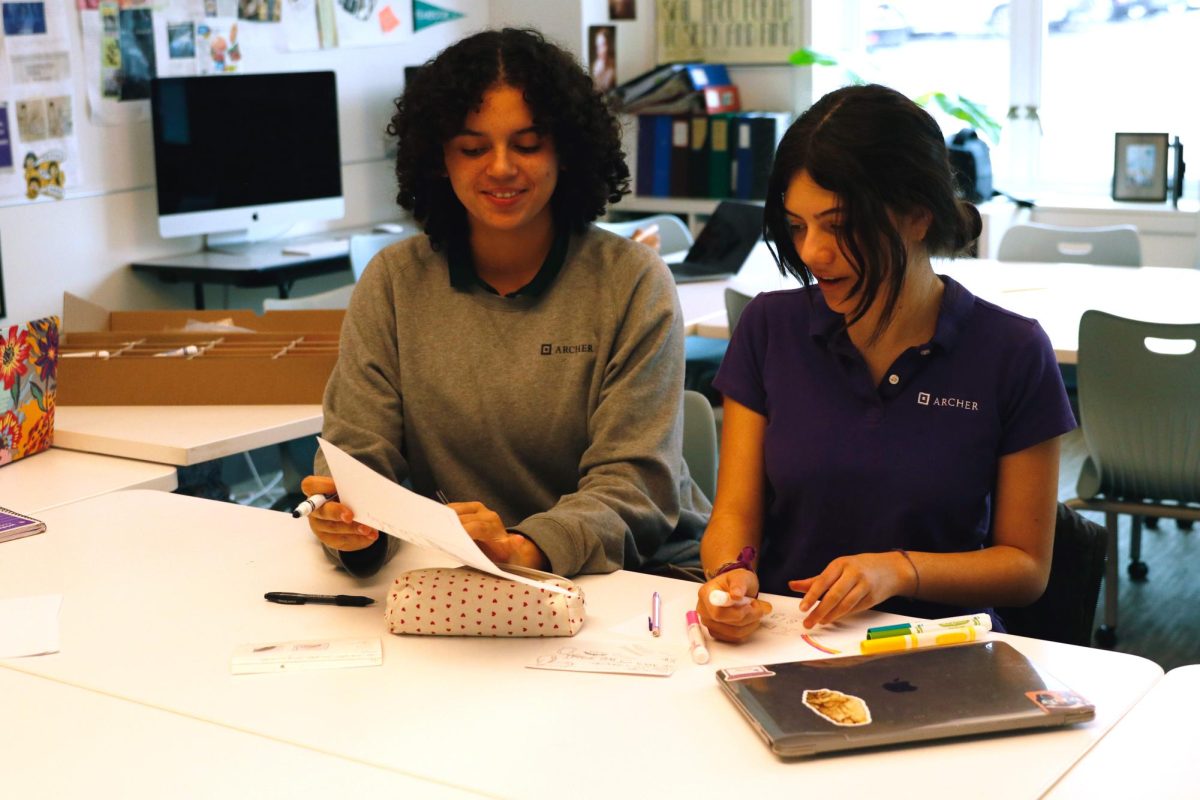
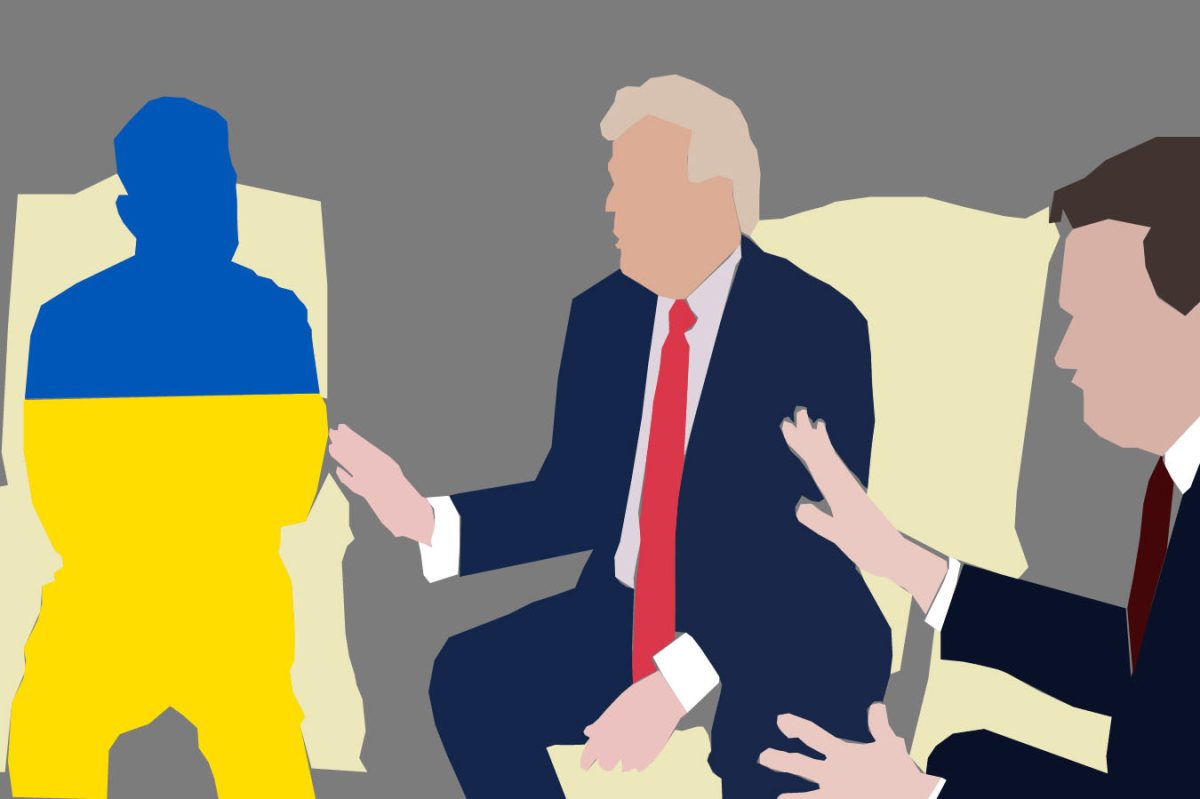


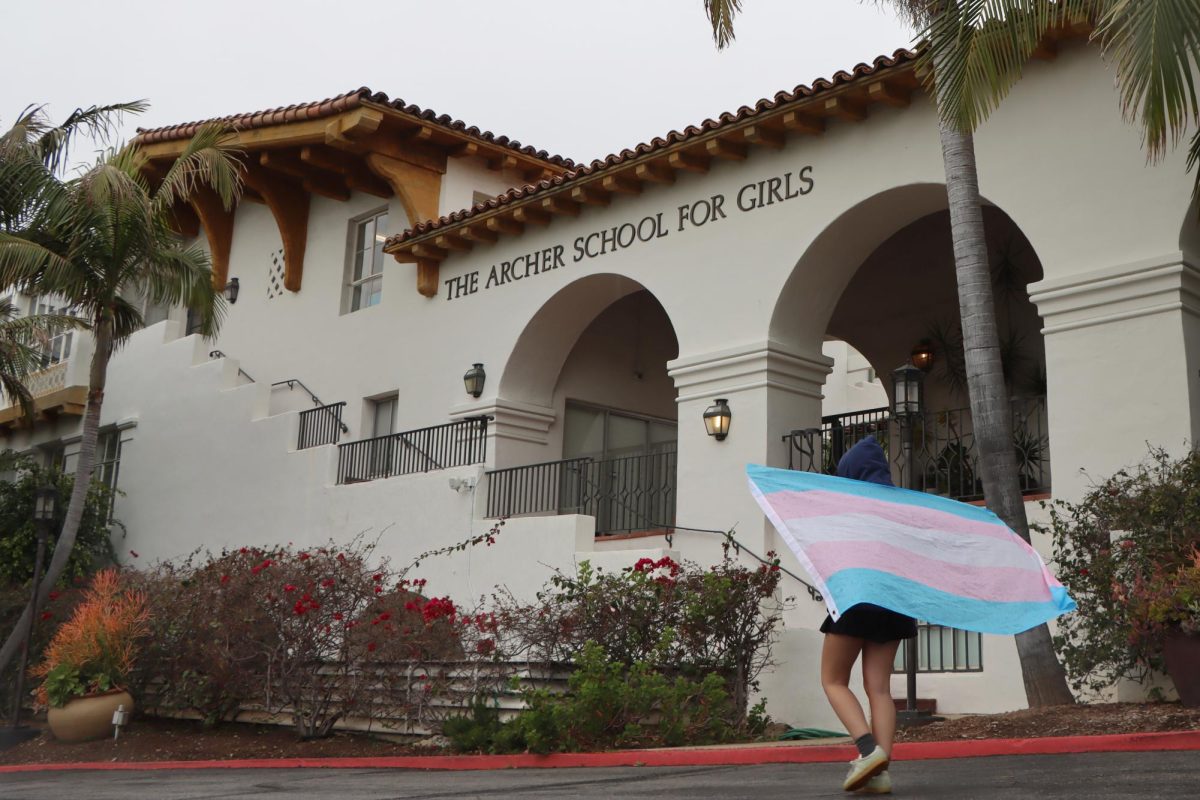
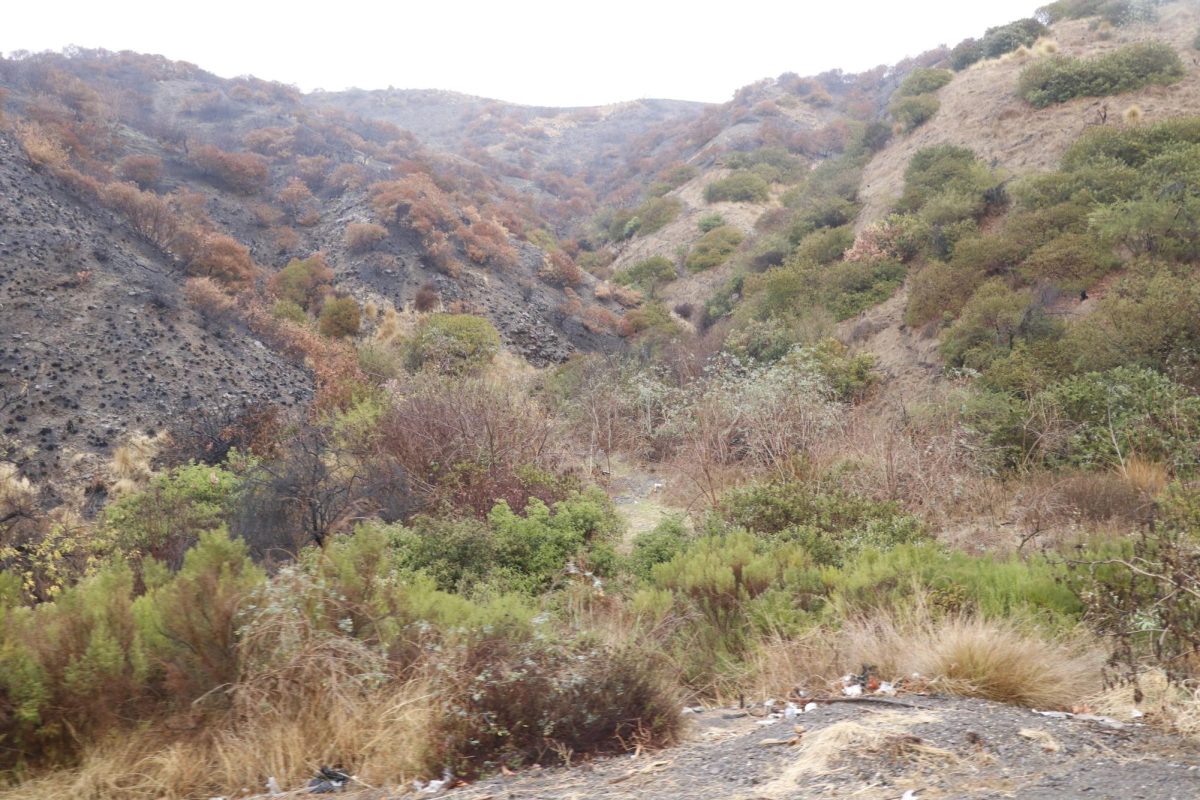
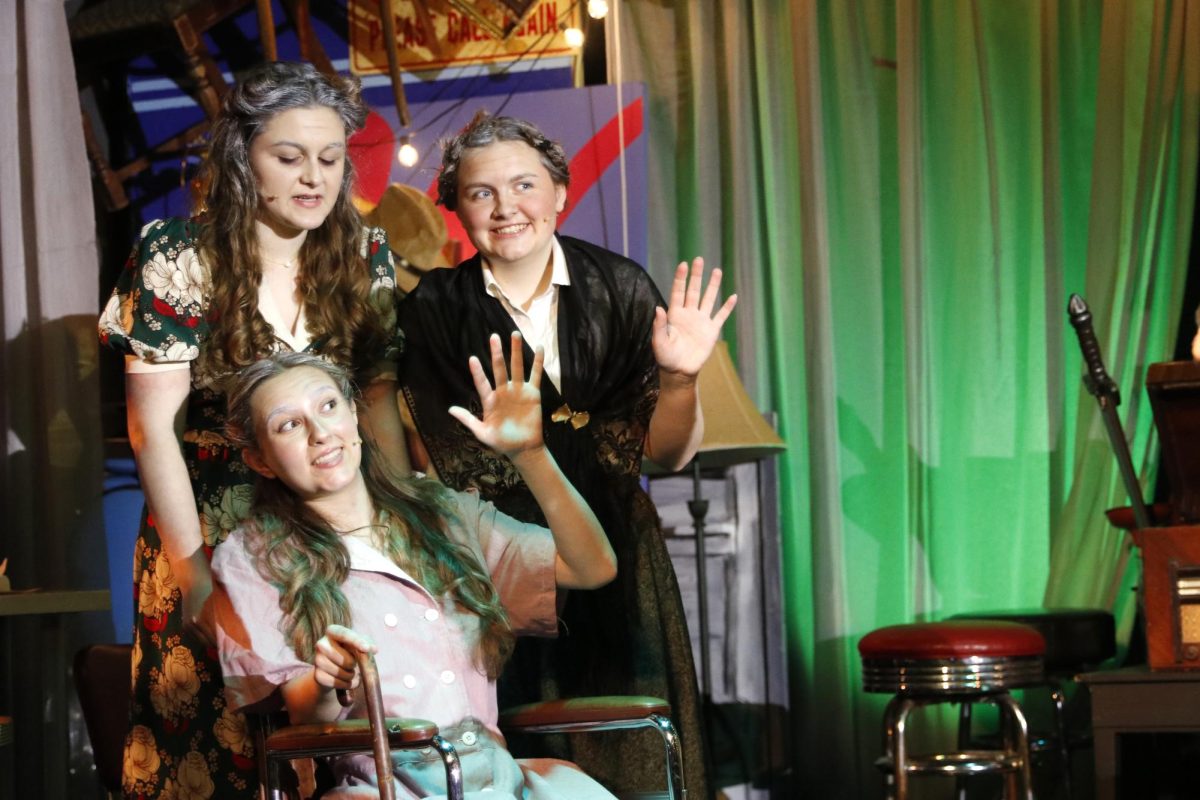
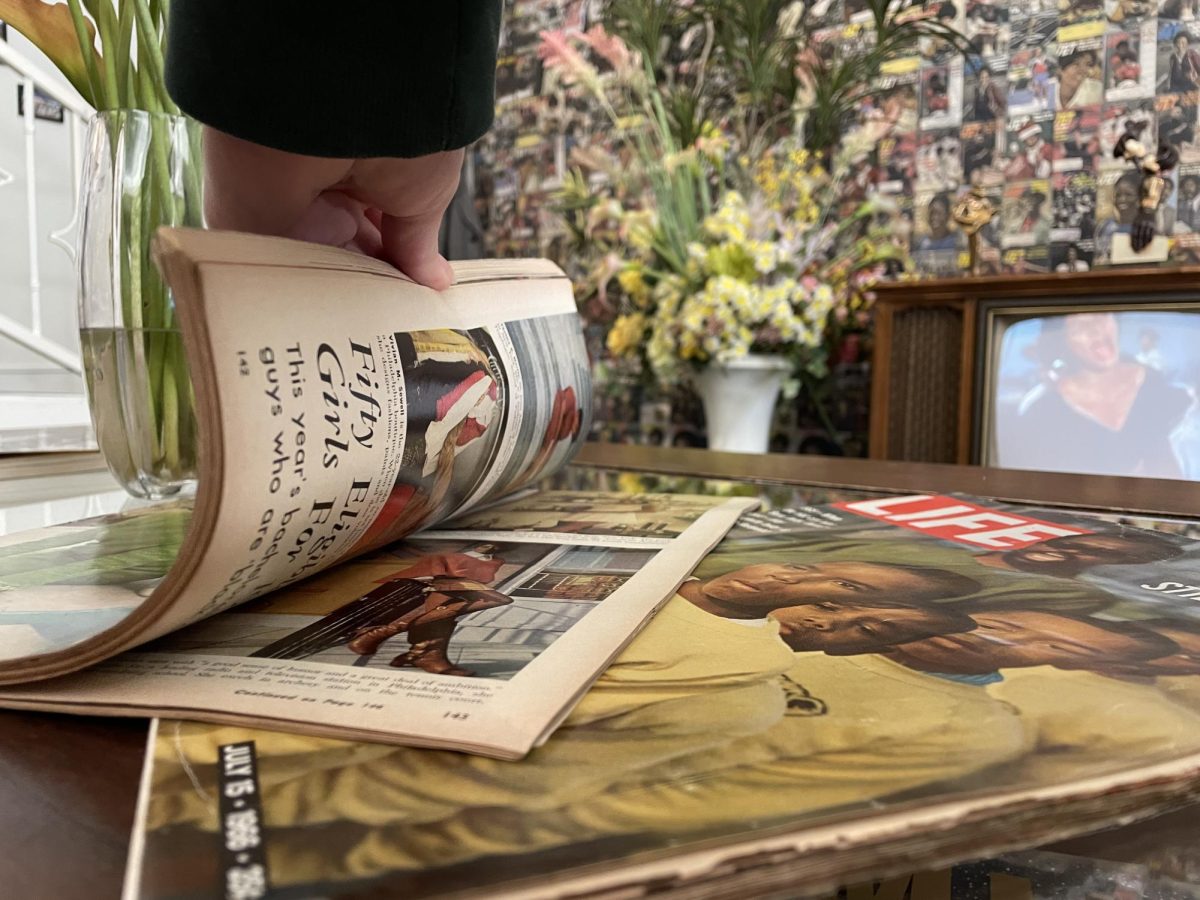
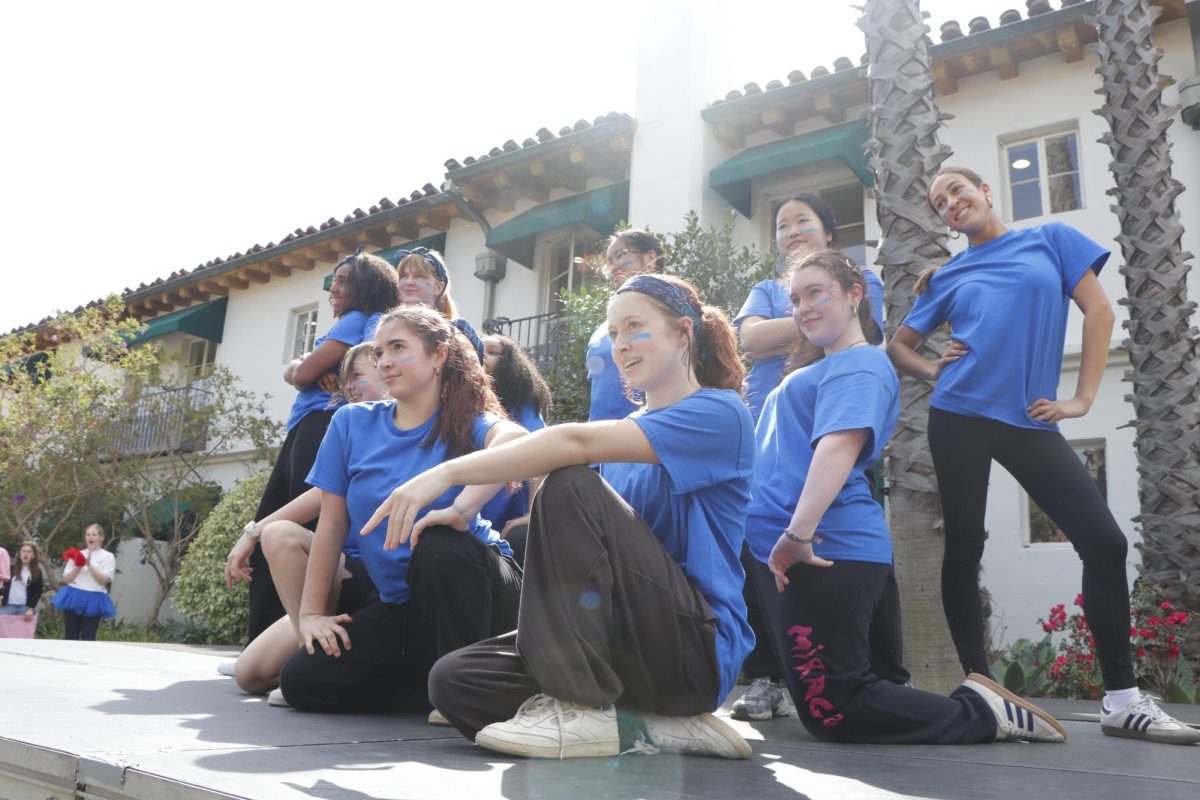
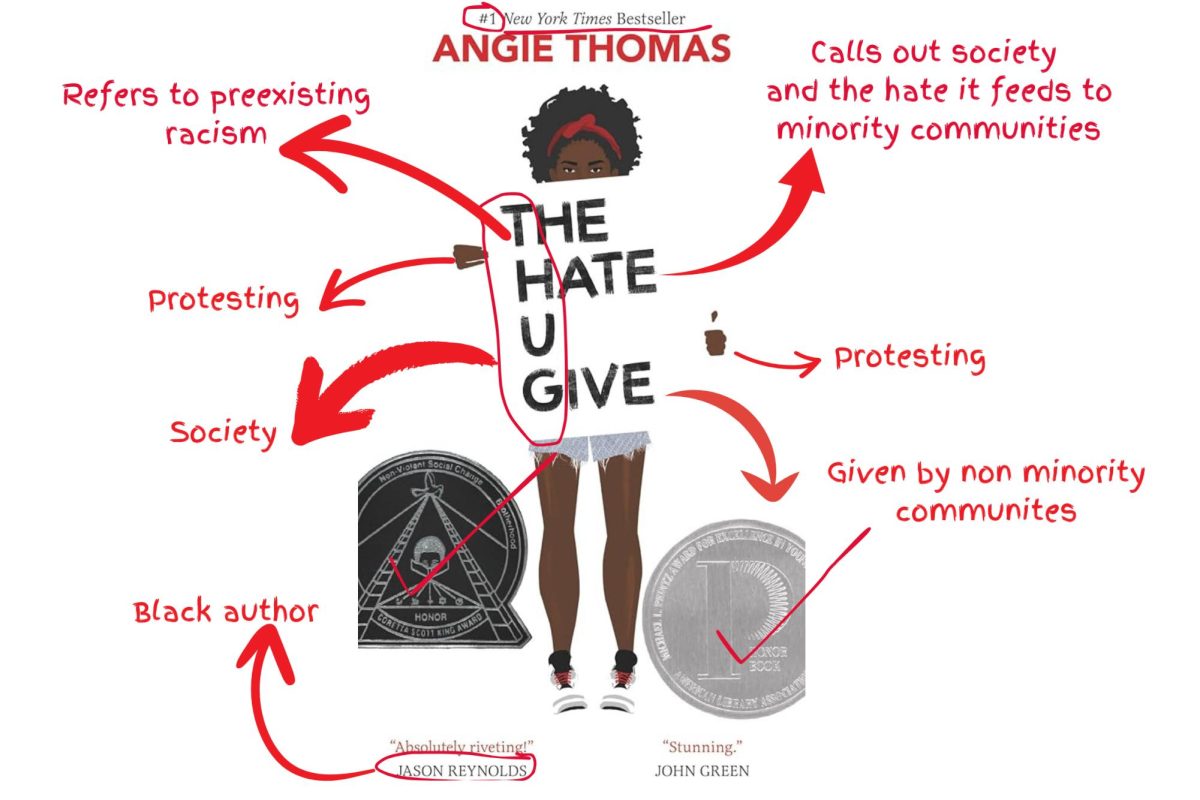
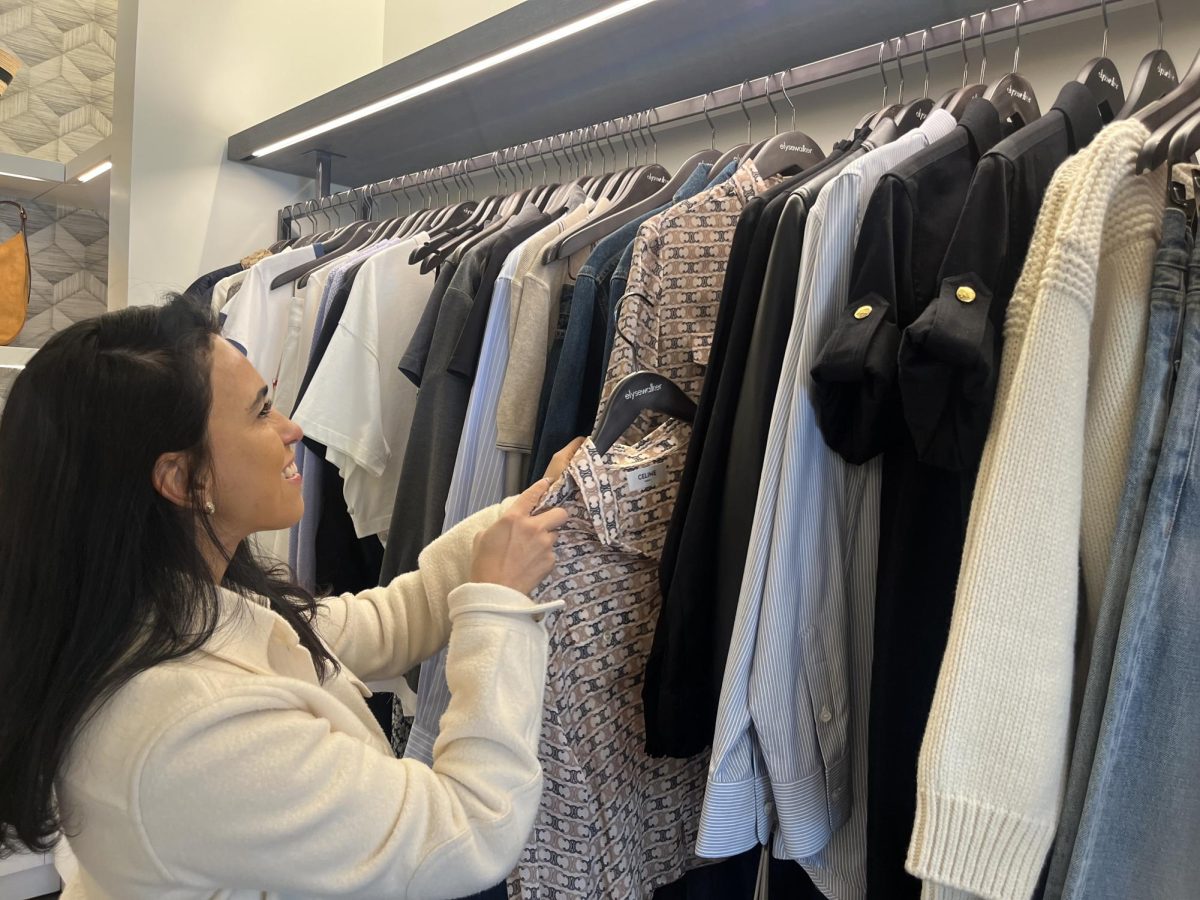
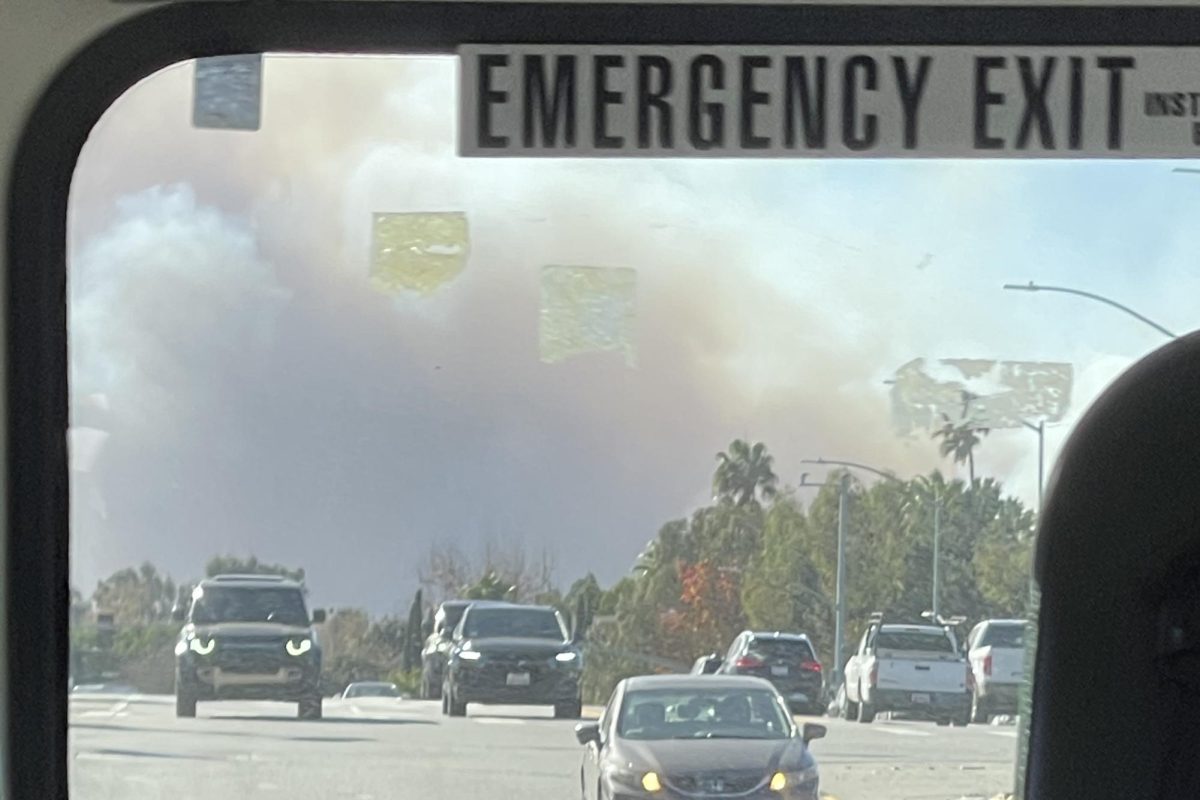
Andrew Chirchirillo • Jun 3, 2024 at 2:00 pm
Brava! A thoughtful and well balanced article about a very difficult situation.